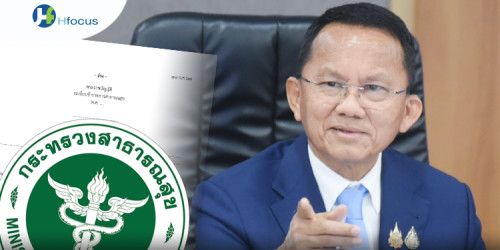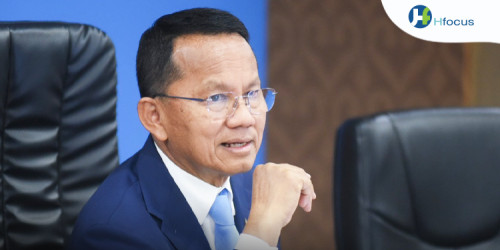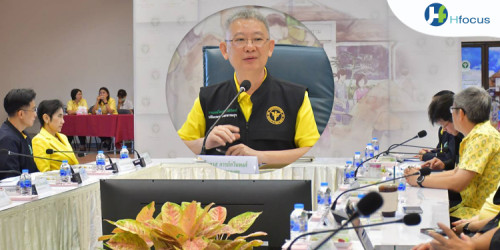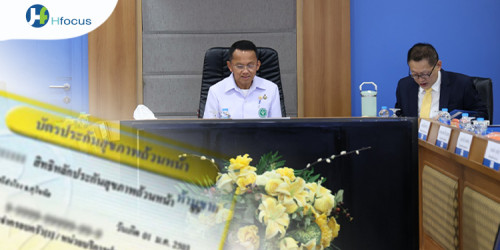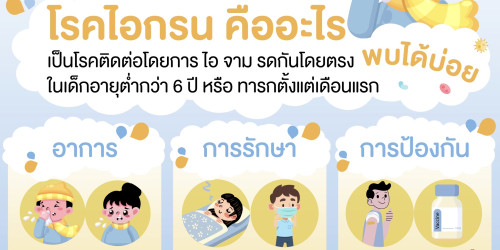Will ask neighbours to start medical schemes. The Public Health Ministry wants to encourage neighbouring countries to start their own universal healthcare schemes.
The government provides free healthcare services to migrants and stateless people in border areas, which costs the taxpayer millions of baht a year.
Public health deputy permanent secretary, Chanwit Tarathep, said Phnom Penh had come up with a plan to subsidise healthcare costs for Cambodians living along the Thai-Cambodian border. He hopes Cambodia will consider an extension of the plan.
Cambodia plans to allocate a budget of about US$30(930 baht) per person a year for its citizens in border areas, he said.
Currently, Thailand provides free medical treatment to about 450,000 migrant and stateless people nationwide.
A Public Health Ministry project to promote health care for migrants and stateless people picks up most of the bill.
The project receives between 450-900 million baht annually from the government, and the Global Fund to fight Aids,
tuberculosis and malaria.According to the Global Fund website,the ministry received more than $39 million for HIV/Aids prevention and treatment projects from 2011 to 2014.
However, the Global Fund is likely to cut financial help to Thailand in the next two years as it is reclassified as an upper middle-income country, Dr Chanwit said.
This has prompted the ministry to think about convincing neighbouring countries to implement their own healthcare schemes, Dr Chanwit said.
"But it will take time to promote this idea," Dr Chanwit told a seminar on healthcare services for migrants and stateless people.
"Thailand can't stand alone in providing free healthcare access," he said.
Dr Chanwit said the ministry has recently negotiated a $100-million aid package with the Global Fund to provide support for healthcare programmes in Thailand, Cambodia, Myanmar, Laos and Vietnam.
A researcher from the Public Health Ministry's International Health Policy Programme, Rapeepong Suphanchaimat, said more work needs to be done to improve healthcare access for migrant workers and stateless people.
Many migrant workers and stateless people still lack access to medical care,he said.
Free medical treatment does not increase medical access for them, he said, citing a recent study he conducted which found hospital visits among migrants and stateless people were low.
In Ranong province, where a large Myanmar migrant worker population lives, the number of visits at out-patient departments was an average of just 0.6 times per year per person.
In Tak, another border province,there were 0.8 hospital visits per person per year.
In-patient figures in Tak are also very low.
Reluctance or inability to go to hospitals could be a result of distance,limited hospital capacity or communication problems, he said.
Source: Bangkok Post July 5, 2013
- 5 views

